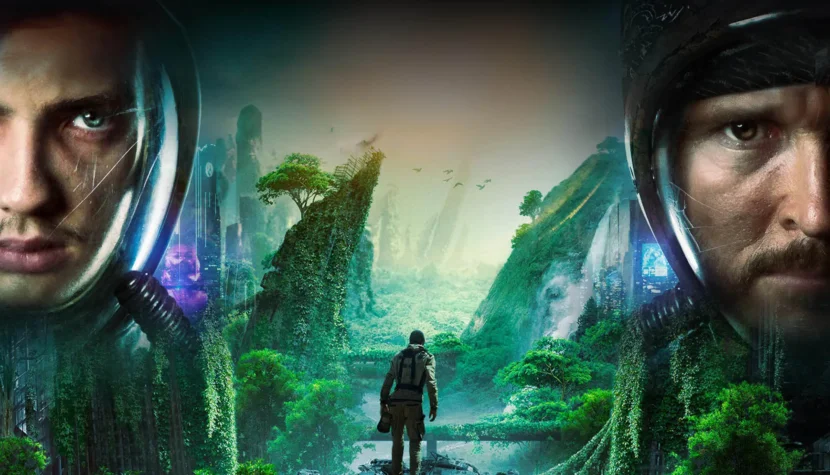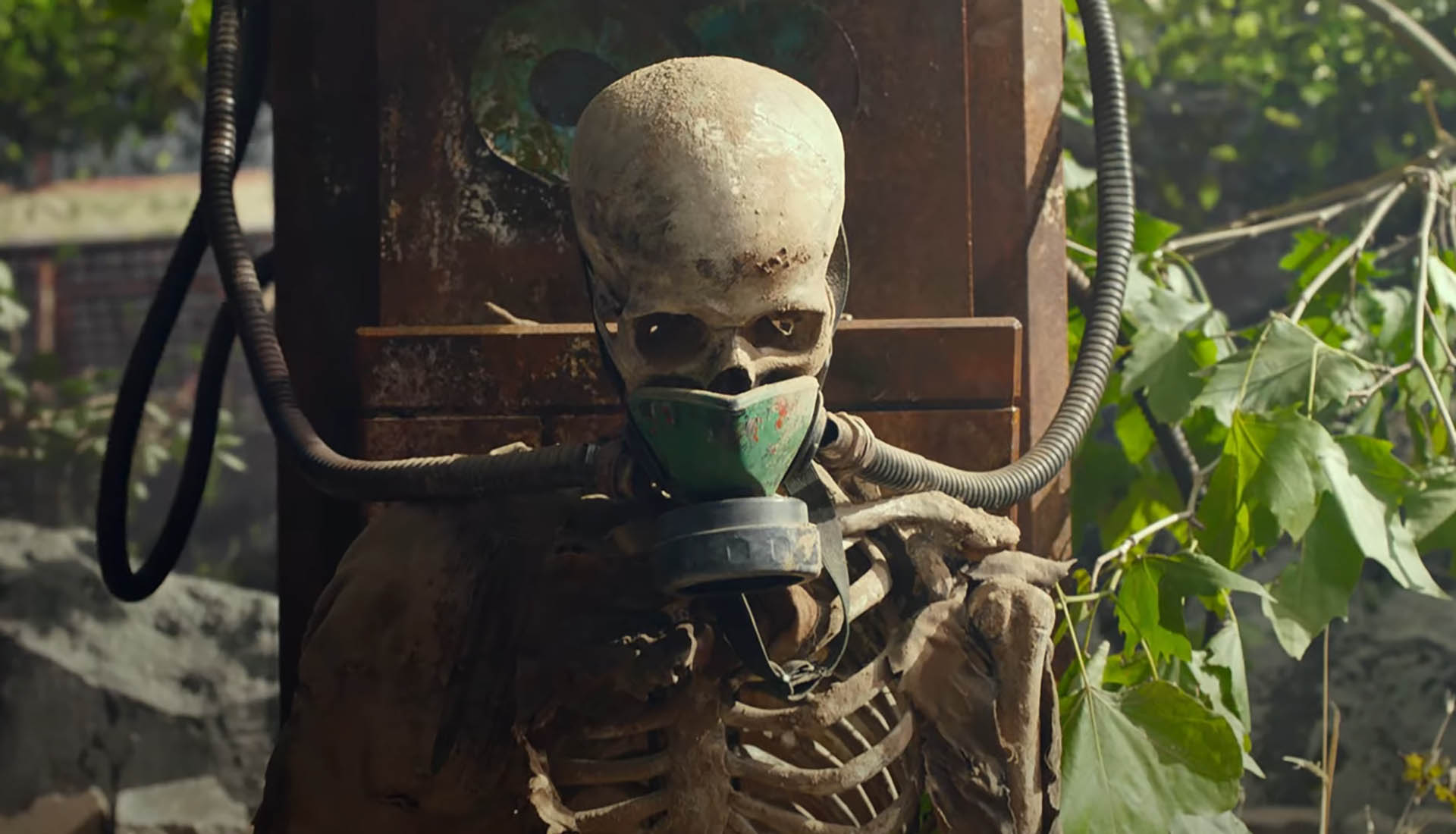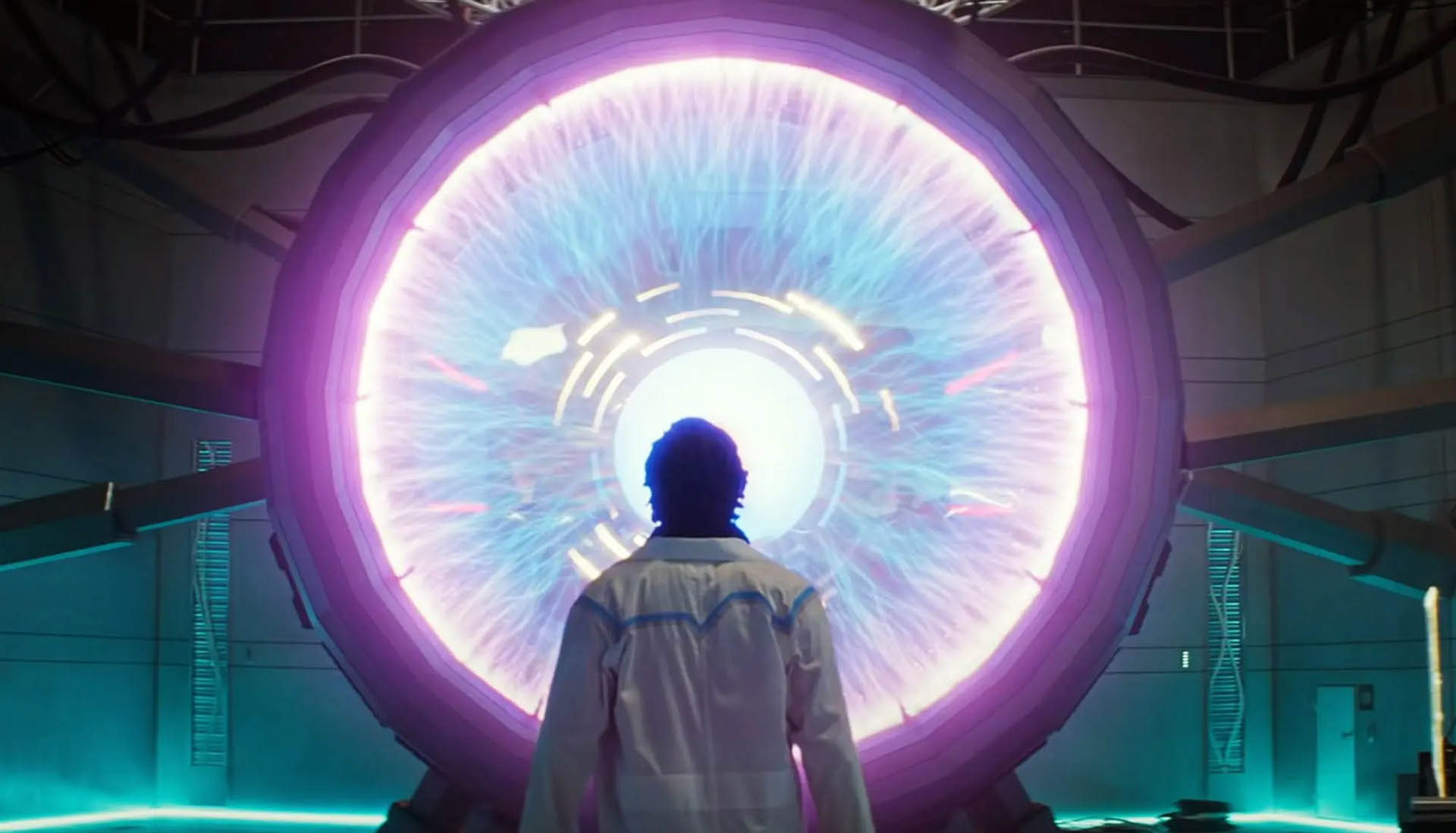2067. According to this science fiction, humanity will perish by SUFFOCATION… WITH OXYGEN.

A very unpleasant ending, and numerous scenes in the movie prove that this is one of the scariest visions the disaster genre has ever offered its viewers. The problem, however, is that someone actually has to watch 2067 in the first place. When we think of Australian science fiction, Mad Max immediately comes to mind, but then there’s a long, long gap. Perhaps The Road by John Hillcoat comes next, but certainly not 2067 by Seth Larney, even though it stars Kodi Smit-McPhee, a Golden Globe winner and Oscar nominee for The Power of the Dog. The production, however, can be watched on one of the well-known movie portals, although it would be great if it were included in the library of one of the official streaming services.
2067 is a combination of a disaster movie and science fiction, made on a very low budget, yet it manages to avoid the excessive grandiosity of 2012 or the painfully cheap vision of the future that’s hard to believe. It’s worth including this film in a collection of interesting concepts about the downfall of humanity. Maybe it can even help us in some way?
As I mentioned, 2067 can be treated as a non-commercial, independent, low-budget film that neither had a significant advertising campaign nor is available on streaming platforms. I’m not even sure if it was ever shown in Polish cinemas (if anyone remembers, please remind me). Yes, Kodi Smit-McPhee is in it, but that doesn’t change anything. The production will always carry the characteristic mark of low-income and low-budget cinema. I’m absolutely not criticizing it for this. Maybe, given its scenario and aesthetic, it’s better off as an independent film, free from the expectations of mainstream audiences.
And while the script of 2067 took a long time to develop—its beginnings in the director’s mind date back to 2005—it’s genuinely good. It tells the story of humanity’s end in a non-clichéd way, though it does draw on traditions of science fiction, particularly in its handling of time paradoxes. However, it wraps up the protagonist’s time-travel journey in an intriguingly unexpected way that viewers likely won’t foresee, which is the film’s greatest strength—a twist that seems obvious only after watching the ending.

The plot of 2067 unfolds across two timelines: the years 2067 and 2474. In 2067, Earth is dying. Plants and animals are perishing. Rising temperatures have triggered global fires, filling the planet’s atmosphere with smoke, increasing carbon dioxide levels, and decimating the population. Those who survive fend off the final end by producing oxygen. The problem is that after some time, human bodies begin rejecting this artificial oxygen substitution through tanks and masks. Humanity starts dying off and is essentially doomed to extinction within decades due to lung tissue degradation. Ethan Whyte (Kodi Smit-McPhee) is not yet sick, but his wife is. He is not a superhero, an agent, a cop, an astronaut, or anyone important. He’s a low-level worker in the last functioning city. His seemingly insignificant life changes when he is summoned from the future by a mysterious signal sent via a machine that can be described as a time-space portal to the year 2474, a project his late father worked on.
From zero to hero, Ethan suddenly becomes humanity’s last hope. No one knows who sent the signal from the future, but it’s clear that someone in that future is alive, proving that humanity survived. There must be a cure for the lung disease, or perhaps technology to restore Earth’s flora and bring back proper gas exchange to its surface. But nothing is as simple as it seems. When Ethan actually travels to the 25th century using the machine, he finds only jungle, ruins of his city, and a skeleton with a bullet hole in its skull and a name tag bearing his own name. Something doesn’t add up, and uncovering this mystery will be an exciting adventure for viewers—or so I hope.

I also hope the film’s main character doesn’t hinder this adventure for its audience, because his sensitivity is overwhelming. I can’t recall another character in science fiction who cried so many times during the course of a film. I understand the knowledge he gains in 2474 is overwhelming, but someone writing the script should have restrained him from such expressions, as they will surely come across to viewers as inauthentic and simply tiring. Such a character is not respected, and in the science fiction genre, fans tend to prefer stronger characters rather than over-romanticized ones who seem ready to break under the slightest historical breeze.
However, Ethan does manage to steady himself and show resolve by the end of the film. But it takes him the entire movie to reach that point. Viewers will need to grit their teeth; otherwise, they won’t be able to appreciate the film’s message. And that message might be even more important than the constant urging to conserve resources, recycle waste, and love nature.
It’s about having hope: hope that after what seems inevitable for our species, humanity will still have the strength to rebuild. That it won’t go entirely extinct. Perhaps our intellect didn’t evolve to protect us from destruction but to help us recover from it and start anew?

